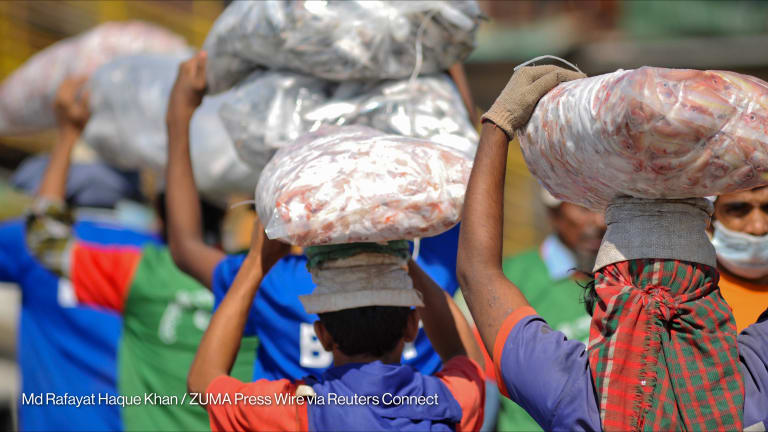While chocolate is sure to fly off the shelves today in celebration of Valentine’s Day, the benefit to the farmers who harvest the cocoa can vary widely.
Worldwide, 90 percent of smallholder cocoa farmers live on less than $2 a day, “despite growing one of the world's most cherished ingredients,” said Emily Stone, the CEO of Uncommon Cacao, which aims to build more transparent supply chains in the chocolate industry.
From the planting of the cacao tree to the purchasing of the chocolate bar, the entire supply chain is getting by on “miniscule margins,” she said. But a growing number of chocolate brands are trying to demonstrate which approaches can raise the bar for cocoa farmers. What are the bean to bar strategies that the chocolate industry can use to improve lives at the origin?








